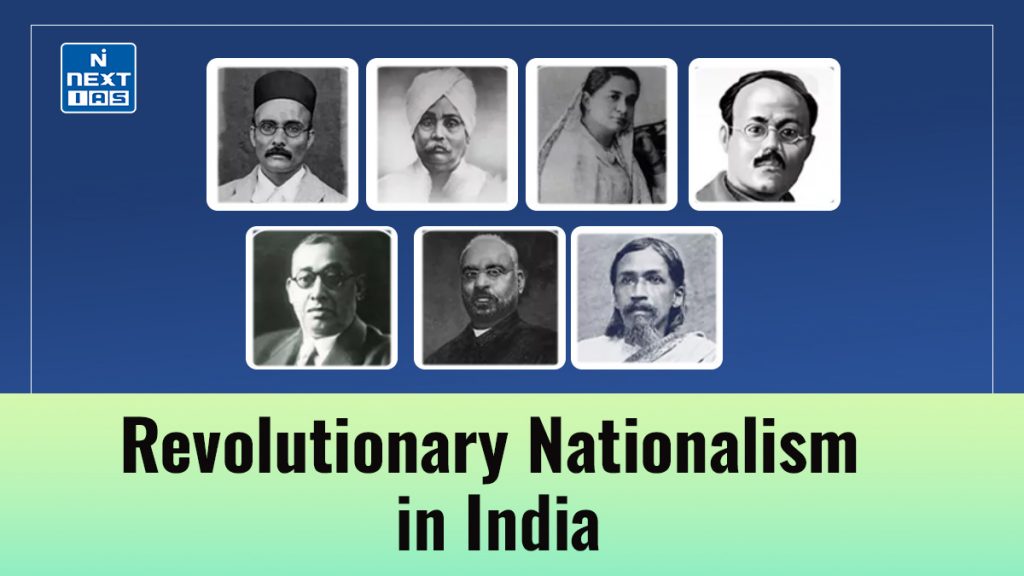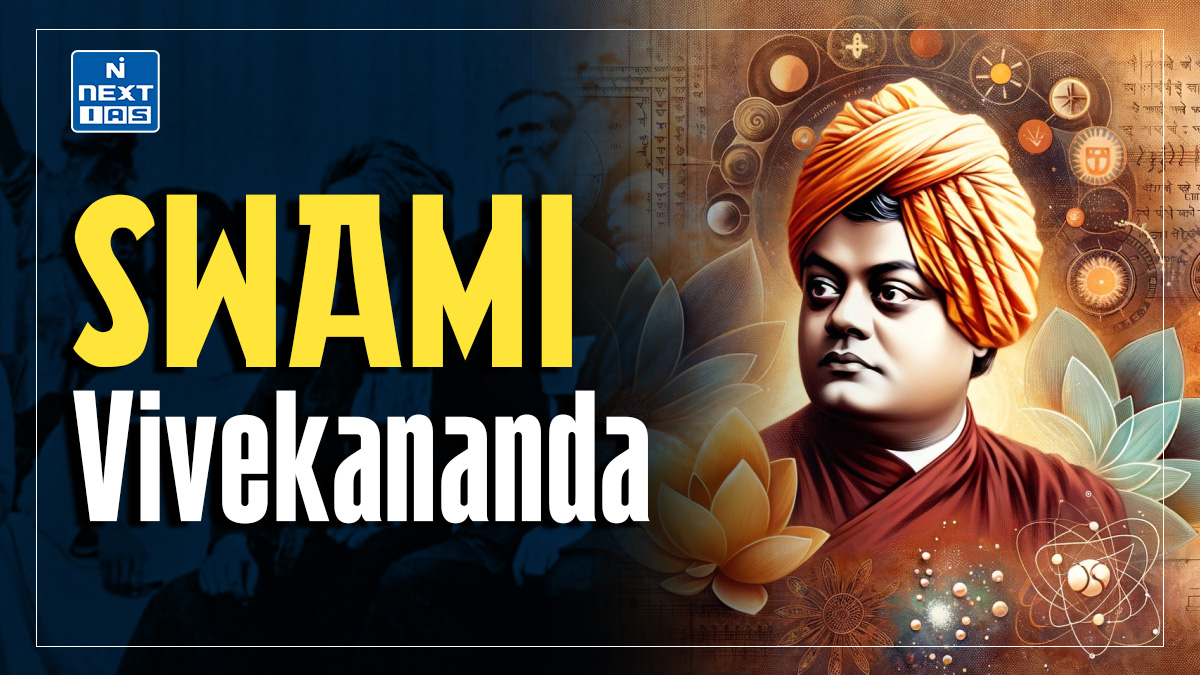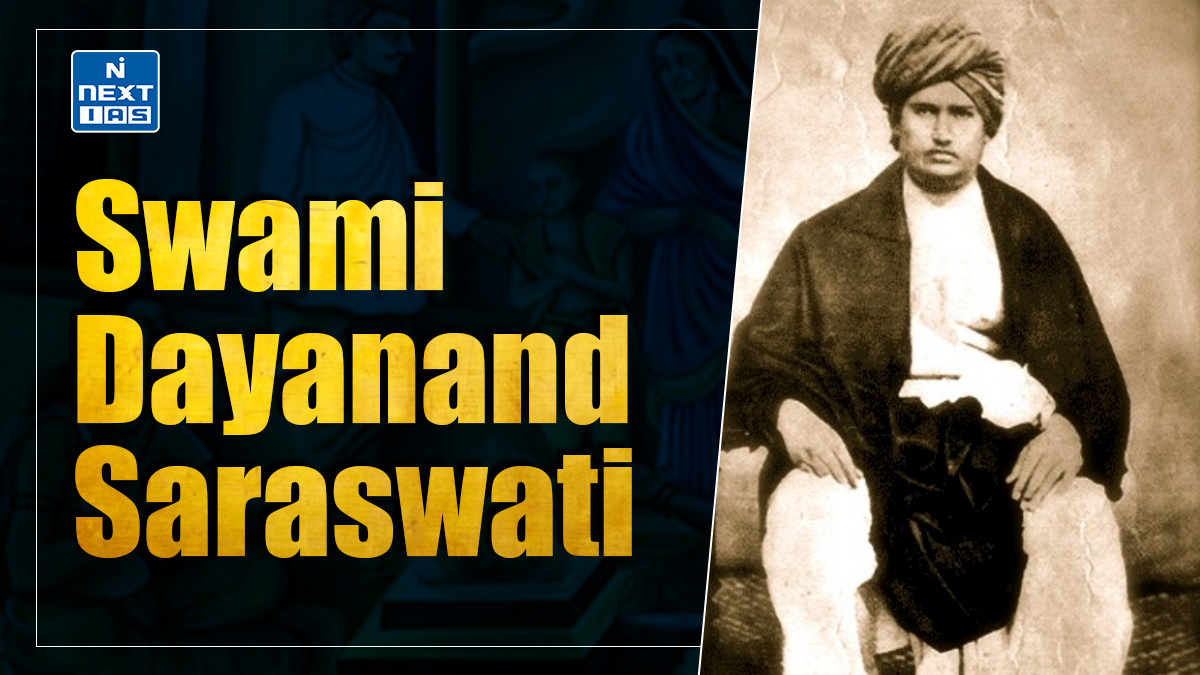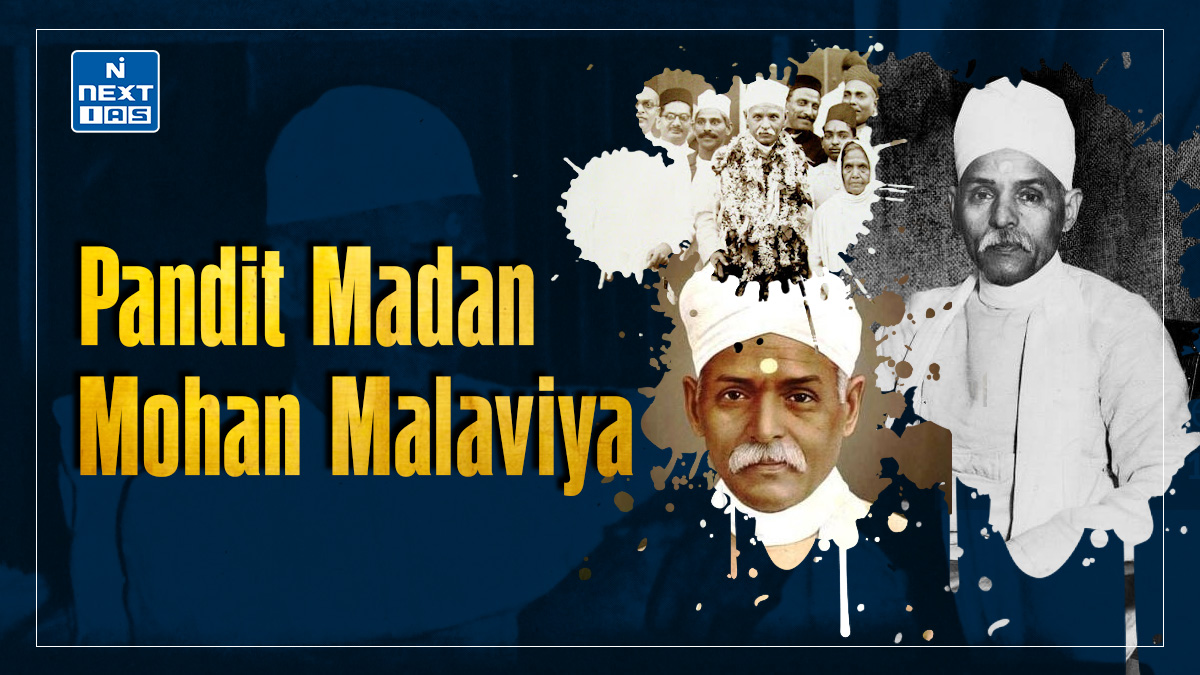
Revolutionary Nationalism in India refers to the radical movement during the early 20th century where young Indians adopted violent means to challenge British rule. Its significance lies in inspiring widespread resistance and uniting Indians in the fight for independence. This article aims to study in detail the origins, key organizations, and notable figures of Revolutionary Nationalism in India, and its lasting impact on India’s freedom struggle.
About Revolutionary Nationalism in India
- The early 20th century witnessed a surge of revolutionary nationalism in India as young Indians became disillusioned with the constitutional methods advocated by the Moderates.
- The revolutionary nationalism was inspired by the Extremists’ ideals, they chose to adopt direct and violent measures to end British rule.
- Secret societies, assassinations of British officials, and daring acts of defiance marked revolutionary nationalism.
Rise of Revolutionary Movements in India
- Disillusionment with constitutional methods led many young Indians to seek radical alternatives to resist British rule.
- Influenced by leaders like Bal Gangadhar Tilak, who advocated “militancy, not mendicancy,” they believed that violence was a legitimate means to end British imperialism.
- The revolutionaries formed secret societies, distributed arms, and trained members in weaponry.
- They committed acts of assassination and dacoity to eliminate oppressive officials and fund their activities.
- The “cult of the bomb and revolver” thus became symbolic of this phase of Indian nationalism, with young revolutionaries willing to sacrifice their lives for the freedom of their country.
The Chapekar Brothers (Revolutionary Nationalism)
- One of the earliest revolutionary acts took place in 1897, when the Chapekar brothers, Damodar Hari and Balkrishna Hari, assassinated two British officials, Mr. Rand and Lieutenant Amherst.
- These officials, responsible for implementing harsh anti-plague measures, were accused of oppression and brutality.
- Influenced by Tilak’s ideology, the Chapekar brothers formed a secret organization in Pune called the “Binashi Samity.”
- Their martyrdom following their execution sparked revolutionary sentiment across Maharashtra, inspiring many others to take up arms.
The Abhinav Bharat Society
- The Abhinav Bharat Society, one of Maharashtra’s most influential revolutionary organisations, was founded in 1903 by Vinayak Damodar Savarkar and his brother Ganesh Damodar Savarkar.
- Originally called the “Mitra Mela,” it was later renamed Abhinav Bharat after Giuseppe Mazzini’s “Young Italy.”
- This organisation called for an armed struggle against British rule, which led to the assassination of Lt. Col. William Curzon-Wyllie in London.
- The Abhinav Bharat Society was also implicated in the assassination of A. M. T. Jackson, the district magistrate of Nasik, in 1909.
- The “Nasik Conspiracy Case” following this incident exposed the role of the Savarkar brothers and led to V. D. Savarkar’s imprisonment in the Andaman Islands.
Bharat Mata Associations in Madras and Punjab
- Revolutionary activities extended to parts of India, including the Madras Province and Punjab.
- In Madras, Nilakanta Brahmachari and Vanchi Aiyar founded the Bharat Mata Association, a secret society.
- In 1911, Vanchi Aiyar assassinated Ashe, the district magistrate of Tirunelveli, before taking his own life.
- Meanwhile, in Punjab, J. M. Chatterjee founded the Bharat Mata Society, later joined by Lala Hardayal, Ajit Singh, and Sufi Amba Prasad, who contributed to the revolutionary fervour in northern India.
Revolutionary Movements in Bengal
- Bengal emerged as a prominent centre of revolutionary activities, with secret societies or “Samitis” organising resistance.
- Bengal revolutionaries drew inspiration from figures like Bankim Chandra Chatterjee, Swami Vivekananda, and Aurobindo Ghosh.
- In 1902, Barindra Kumar Ghosh, Jatindranath Banerjee, and Pramotha Mitter established the Anushilan Samiti, one of the earliest revolutionary groups.
- Following the partition of Bengal in 1905, numerous revolutionary societies emerged, especially in East Bengal, with significant support from Bakargunj, Faridpur, Dacca, and Mymensingh districts. A few notable societies included:
- Suhrid Samiti and Sadhana Samiti of Mymensingh
- Swadesh Bandhav Samiti of Barisal: Led by Aswini Kumar Dutt, this Samiti gained a mass following by providing humanitarian assistance during the near-famine of 1906.
- Brati Samitis: These included groups from Barisal and Faridpur.
- Anushilan Samiti of Dacca: Founded by Pulin Das, this Samiti focused on training cadres in physical culture and Hindu-inspired vows of dedication.
- Anti-Circular Society of Calcutta: This unique Samiti was secular and included Muslim members like Liaquat Husain, Abul Hossain, Dedar Bux, and Abdul Gafur.
Impact of Revolutionary Nationalism in India
- Revolutionary nationalism inspired a generation of Indians to take up the cause of independence with new zeal.
- The martyrdom of revolutionaries like the Chapekar brothers and Vinayak Savarkar’s resilience in prison galvanised the Indian populace.
- These revolutionaries challenged the British narrative of unshakeable power and encouraged Indians to seek complete independence.
- Although these activities did not directly lead to independence, they fueled a nationalistic spirit that inspired Gandhian mass movements and set the stage for India’s eventual freedom.
Conclusion
Revolutionary nationalism in India was marked by courage, sacrifice, and a relentless pursuit of freedom. These revolutionary movements challenged British authority, created a legacy of resistance, and sowed the seeds of independence. While the methods of these revolutionaries were often violent, their commitment to the cause inspired Indians across the country, uniting people from diverse backgrounds against the common enemy of colonial rule. The revolutionary movement remains crucial in India’s freedom struggle, reflecting the spirit of defiance and self-sacrifice that ultimately led to India’s independence.
Frequently Asked Questions (FAQs)
What is revolutionary nationalism?
Revolutionary nationalism refers to a radical form of nationalism that advocates the use of direct and often violent methods to achieve independence or bring about significant political change.






